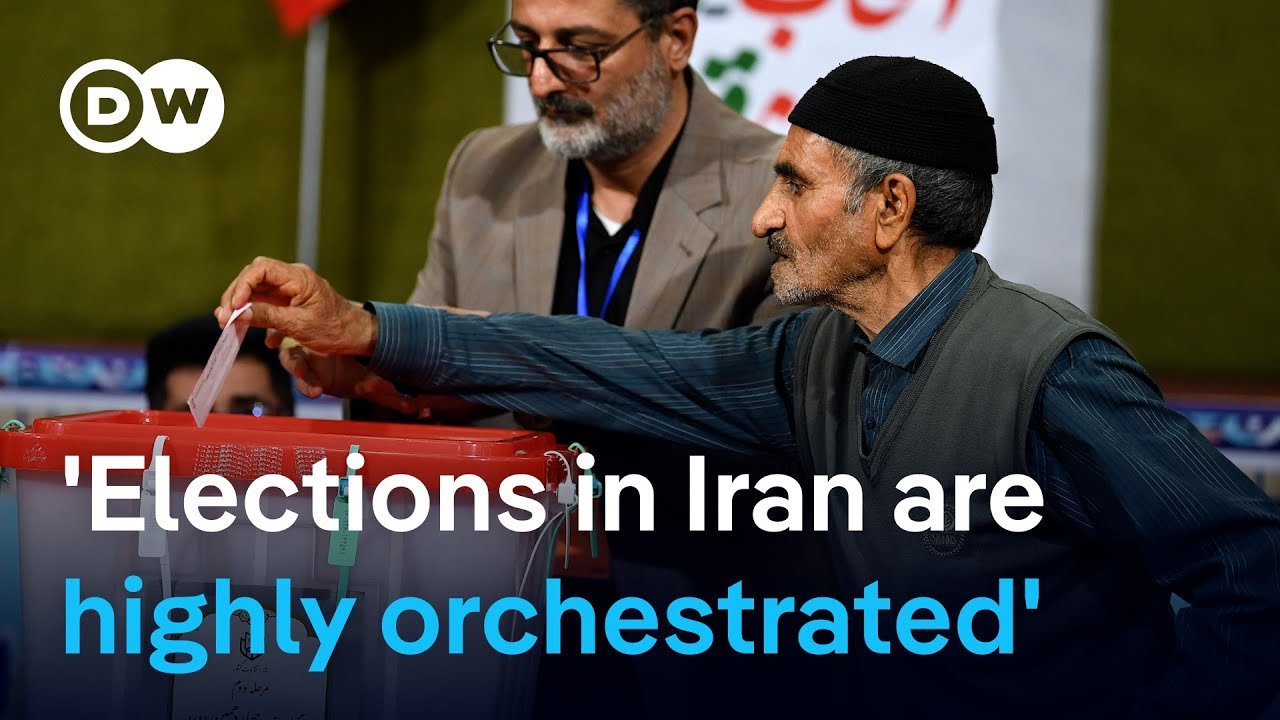In the recent runoff presidential election in Iran, voters are choosing between reformist candidate Masud Pezeshkian, who advocates for improved US relations and more open internet policies, and the hardliner Saeed Jalili, who is focused on economic growth and implementing restrictions on women’s rights. The election follows the unexpected death of Ibrahim Raisi in a helicopter crash, leading to a historic low turnout in the first round of voting. This election cycle highlights the ongoing debate regarding the legitimacy of the candidates and the overall political system in Iran, as well as the potential impact the results may have on the country’s foreign policy and relations with key global players like Israel and Russia.
- Iran is conducting a runoff presidential election with candidates Masud Pezeshkian and Saeed Jalili.
- The election was triggered by the death of former president Ibrahim Raisi in a helicopter crash.
- First-round voter turnout was the lowest in the history of the Islamic Republic.
- Pezeshkian aims to improve relations with the US and ease internet restrictions, while Jalili focuses on economic growth and enforcing restrictions on women’s rights.
- Elections in Iran are described as neither free nor fair, with outcomes highly orchestrated by the governing regime.
- There is growing public disinterest in the political system, evidenced by low election turnout and increased street protests.
- Iranian foreign and security policy is not significantly influenced by the president, but the election could have stylistic impacts on Iran’s international relations, particularly regarding nuclear diplomacy with the United States and its stance on conflicts in the Middle East.
DW News is a global news TV program broadcast by German public state-owned international broadcaster Deutsche Welle (DW).
AllSides Media Bias Rating: Center
https://www.allsides.com/news-source/deutsche-welle-media-bias
Official website: https://www.dw.com
Original video here.
This summary has been generated by AI.

Leave a Reply